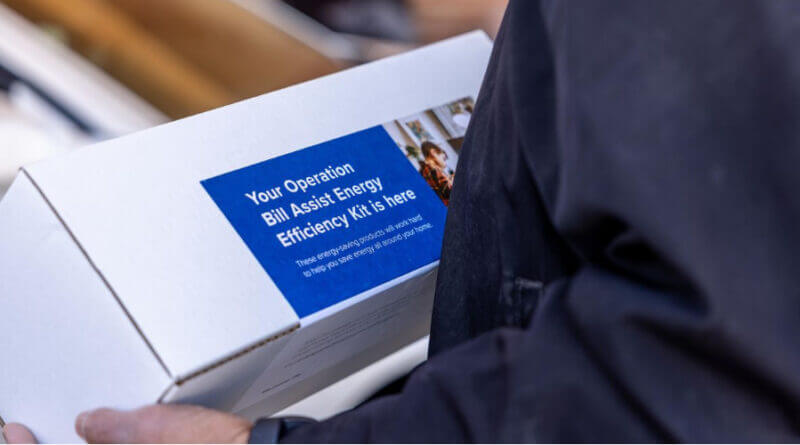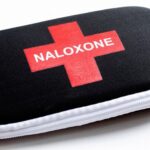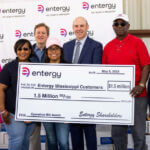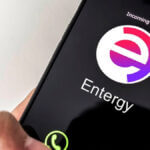Entergy Mississippi to give away $1.1M in energy-efficiency kits
As costs for natural gas have risen significantly in recent months, Entergy Mississippi has launched Operation Bill Assist to help customers with high utility bills.
More than half of the power Entergy Mississippi generates comes from natural gas. Therefore, with Operation Bill Assist — a $3.2-million pledge — the company is giving away $1.1 million worth of money-saving energy-efficiency kits to customers who request them.
“These kits are available to all residential customers online, while supplies last, and can potentially save a household significant money on their electric bill,” Entergy Mississippi’s vice president of customer service Robbie Kemp said. “When customers use the kit plus Entergy’s online savings tools, they can save up to $300 annually.”
Included in the kits are:
- Four standard LED bulbs
- Two specialty LED bulbs
- One advanced power strip
- One LED night light
- Two bathroom faucet aerators
- 17 feet of V-seal weatherstripping
Customers can order the free kits here.
Funded by shareholders, the operation aims to help all residential customers, but with a main focus on those with low to moderate incomes:
- Nearly $1.1 million funded a temporary bill payment help program for moderate-income customers who struggle to pay utility bills, but do not qualify for federal bill assistance programs. This program provided more than 7,300 customers a one-time $150 bill credit.
- More than $540,000 will provide emergency utility bill payments of up to $1,000 for one or more months to older adults and customers with disabilities facing financial hardship. These funds will also provide agencies with administrative fees to cover added expenses associated with an increased volume of requests for help.
- Some $460,000 funds a campaign to make Entergy Mississippi customers aware of additional energy-efficiency and bill help available to them. This includes outreach and assistance to low-income households on how they can apply for federal bill help in their area, including the Low-Income Home Energy Assistance Program known as LIHEAP






